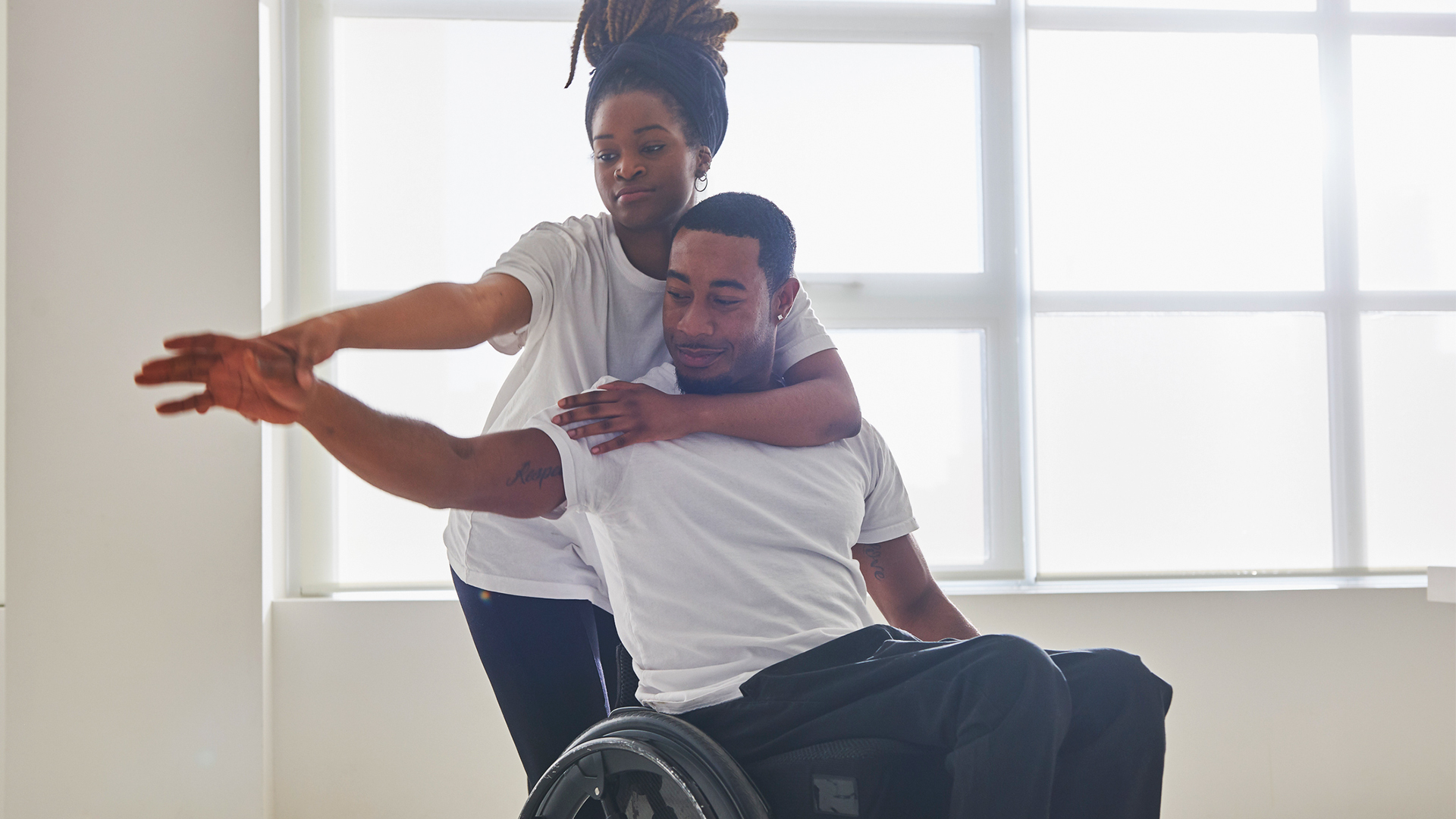Many things translate differently for the average able-bodied person than they do for someone who lives with a disability. If you are dating someone who has a disability, here are nine things to keep in mind when your partner has a disability.
Never Act Like You’re Doing Them A Favor:
Social dynamics can also be applied to a relationship when you are dating a person with a disability. Never assume that you are the one missing puzzle piece they have been waiting for to complete their lives. They are grown, capable, and competent. When it comes to giving help, wait for them to ask before gently offering to do it. Never offer your help grudgingly or patronizingly.
Don’t Present Your Empathy As Pity:
While it is necessary and vital for you to educate yourself on their struggles and their lives, pitying your partner is one of the fastest ways to turn your relationship sour. Constantly keep in mind that they aren’t broken and therefore do not need fixing.
Communicate:
Emphasize the importance of communicating likes and dislikes. Food, pets, quality time, and the number of lights on in the house are all fair game. Discuss everything and build your relationship by constantly stating how you are feeling. Understand that conflicts occasionally arise in all relationships and the focus of any conflict that arises should be to resolve the issue together while seeing the situation from both angles.
Don’t Compromise Your Boundaries:
Setting boundaries in a relationship shows that you hold the other party to a certain standard because you understand that they can meet that standard. There's a big difference between being a present, considerate and loving partner and compromising your values. Holding them accountable will make them feel able because they are.
Learn Their Love Language:
A big part of this is trying to learn how your partner would like to be loved rather than assuming by looking at things through the lens of their disability. If your partner appreciates acts of service, learn how to serve them without making them feel helpless. If they feel loved through words of affirmation, learn to speak to them without being ableist.
Let Them Love You:
Understand that a person living with a disability is beyond able to love you in the manner that you want to be loved. They aren’t children and brushing off their needs might come off as an act of kindness and genuine love on your end but they might take it as demeaning and patronizing, and this can foster resentment.
Be Understanding:
Society has done a poor job of making disabled people feel included and accepted, it has subtly rejected them every day and this is where your understanding comes in. Being around these subtle and explicit forms of rejection can have a profound negative impact on their perception of people and love. Be patient and understand that it might take a little more convincing that not everyone will see them as a burden.
Stand With Them Without Standing For Them:
Educate yourself on their struggles, and educate others on what you have learned. It is also important to be willing to learn, take corrections and grow. Never speak for them if they don’t ask you explicitly to do so and remember that no matter how much you empathize with them, you may never really understand it the way they do. Be an ally without trying to overshadow or drown out their voice.
Let Your Partner Feel Loved
Remember that you aren’t giving a disabled person a privilege by dating them and you absolutely do not need to highlight their disability to make yourself seem more progressive or woke. They aren’t medals or pawns. Constantly check yourself for ableism and be willing to grow and change. Learn how to love your partner wholly and fully. Learn that your partner is a person who isn’t in need of saving, understand that they chose you in the same way that you chose them. There may be differences, but never compare your relationship to anyone else’s let your partner feel seen with you. Let your partner feel loved.
